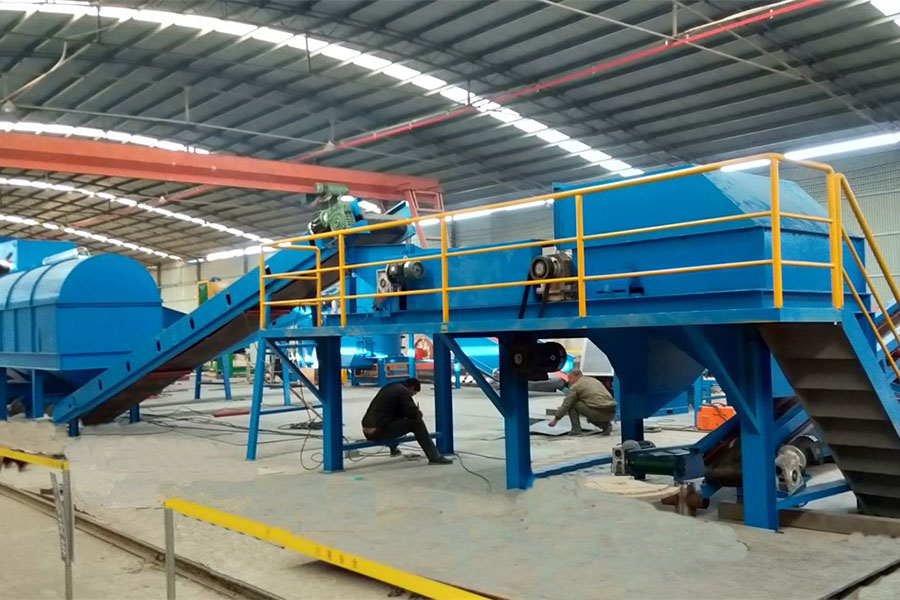
9 月 . 14, 2024 20:44 Back to list
The Importance of Scrap Metal Hammer Mills in Recycling
In the modern industrial landscape, recycling has emerged as a critical component for sustainability. Among the essential tools in the recycling process, scrap metal hammer mills play a vital role in transforming discarded metal into valuable raw materials. These machines not only promote resource recovery but also significantly reduce landfill waste and environmental impact.
A scrap metal hammer mill is a type of industrial equipment designed to crush and shred metal scraps into smaller, manageable pieces. This process enhances the efficiency of recycling operations. The hammer mill’s design typically features a rotating drum where heavy hammers are mounted on a shaft. As the motor spins the drum at high speeds, the hammers forcefully strike the scrap metal, breaking it down into finer particles.
One of the main advantages of using a hammer mill for scrap metal processing is its versatility. The machine can handle various types of ferrous and non-ferrous metals, including steel, aluminum, copper, and brass. This flexibility in processing different materials makes it an invaluable asset for recycling facilities. Additionally, hammer mills are capable of processing a wide range of scrap metal forms, from old appliances and vehicle parts to industrial machinery.

The efficiency of scrap metal hammer mills not only improves operational productivity but also enhances the quality of the recycled material. By producing uniform particle sizes, hammer mills facilitate better downstream processing. For example, smaller metal fragments can be more effectively separated and refined during the subsequent recycling stages. The end products can then be sold back to industries that require raw materials, thus closing the recycling loop.
Moreover, utilizing hammer mills in recycling contributes significantly to the circular economy. By reprocessing scrap metal, we can reduce the need for new metal extraction, which is an energy-intensive and environmentally damaging process. Recycling scrap metal conserves natural resources and reduces greenhouse gas emissions associated with mining and refining. In addition, this practice alleviates the pressure on landfills, as less waste is generated from discarded metals.
Safety is also a crucial consideration in the operation of scrap metal hammer mills. Modern machines are designed with several safety features, including emergency shut-off switches and protective enclosures. Operators are trained to adhere to safety protocols, ensuring that the process is conducted without accidents.
In conclusion, scrap metal hammer mills are indispensable tools in the recycling industry. They streamline the process of breaking down and refining scrap metal, making recycling operations more efficient and environmentally friendly. By promoting sustainable practices and resource recovery, hammer mills contribute to a greener future and play a crucial role in advancing the circular economy. As industries continue to innovate and adopt more sustainable practices, the significance of scrap metal hammer mills in the recycling process will only increase.
Latest news
Unveiling the Power of Eddy Current Separator
NewsSep.25,2024
Transform Your Home Recyclin:home metal shredder
NewsSep.25,2024
The Future of Waste Management with Recycling Line Picker
NewsSep.25,2024
The Benefits of a Metal Recycling Plant
NewsSep.25,2024
Revolutionize Material Separation with Onwang Technology
NewsSep.25,2024
Innovative Waste Management: Unveiling the MSW Sorting Plant
NewsSep.25,2024